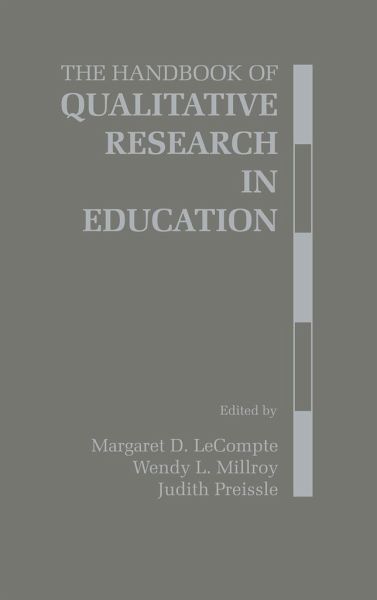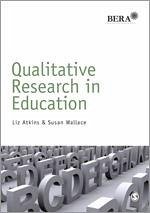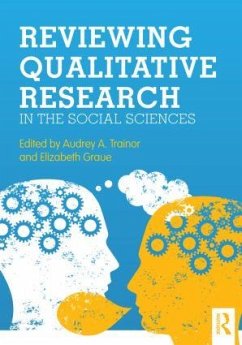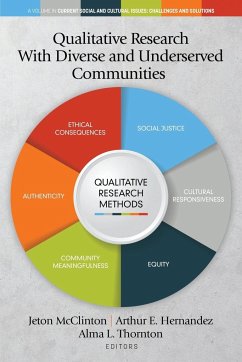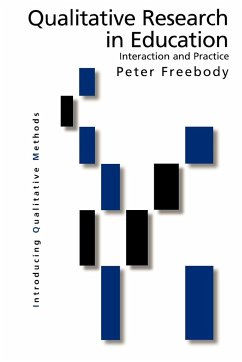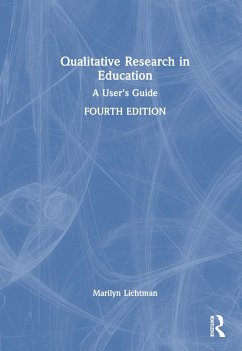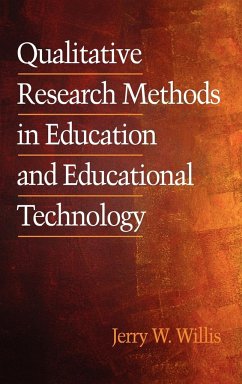Margaret D. LeCompte and Judith Preissle, formerly Judith Preissle-Goetz, are, respectively, associate professor of sociology of education in the School of Education at the University of Colorado at Boulder and professor of educational anthropology in the Department of Social Science Education at the University of Georgia. Their coauthorship dates from 1977, with the presentation of their first joint paper, "Data Crunching, or, What Do I Do with the Five Drawers of Field Notes?," at the meetings of the Council on Anthropology and Education of the American Anthropological Association. Their subsequent articles have been published in the Review of Educational Research, Educational Evaluation and Policy Analysis, Anthropology and Education Quarterly, The American Behavioral Scientist, a number of handbooks on educational research in various disciplines, and a major text reference, Ethnography and Qualitative Design in Educational Research (New York: Academic Press, 1984). The latter work has been translated into Spanish and is slated for a second edition in 1992. Their professional activities include participation in professional associations serving sociologists, anthropologists, policymakers, and educators. Preissle served as secretary treasurer of the Council on Anthropology and Education, and LeCompte served as its president. LeCompte recently was elected secretary of Division G of the American Educational Research Association. Both are active in the Society for Applied Anthropology and the American Educational Studies Association. While much of their joint and separate authorship has been devoted to issues of research methodology, they also pursue empirical research interests. Preissle has done extensive studies on the role of schools and classrooms in the socialization of rural children to gender and other roles; like Preissle, LeCompte has had a long interest in studies of classroom interaction. In addition, she has done considerable research on school dropouts and on innovation and change in school pedagogy and organization.
Wendy L. Millroy was awarded a Fulbright Scholarship to pursue doctoral studies in mathematics education and received her Ph.D. in 1990 from the Department of Education at Cornell University. Her research interests include the teaching and learning of mathematics in formal and nonformal settings; for her fieldwork, she became a cabinetmaker's apprentice in her native South Africa, learning how a group of carpenters use mathematical reasoning and problem-solving in their trade. She currently is a research associate for the Elementary Science Implementation Project, funded by the National Science Foundation, at the University of Northern Colorado, Greeley.
